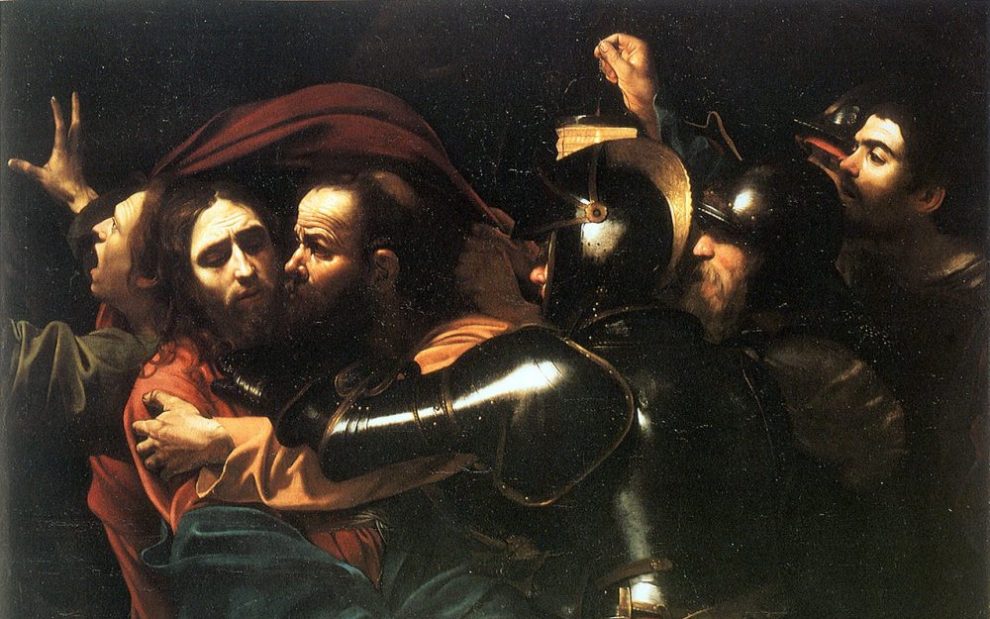This summer saw the conclusion of the Max (formerly HBO Max) series The Other Two, a sitcom about the desperate-to-succeed older brother and sister of a Justin Bieberesque pop star. I tend not to love shows about the awfulness of Hollywood, but this one has the great Molly Shannon as the children’s mom, who loves all her kids and just wants to be a family.
In its final season, the series unexpectedly gave its two protagonists the success they had longed for, with the twist that it only increased their monstrousness. Cary’s triumphs as an actor only made him more self-obsessed and disconnected from those around him; Brooke’s reunion with her wonderful ex-boyfriend saw her become fixated on proving that she was not a bad person.
At every step the characters fight to avoid seeing themselves for who they are. But by the series’ end, they’ve arrived at such crazy and ridiculous places, like Brooke burning down her boyfriend’s apartment, they simply can’t run from the truth any longer. Surprisingly, their reckonings bring them to a place of real contrition. In seeing who they’ve become (and who they’ve hurt), they realize that they need to change. And that realization actually brings them some of the freedom and peace they’ve been seeking all along.
It’s so true, isn’t it: We run like hell from the knowledge of our own sinfulness, but then when we’re finally forced to take stock, the experience is actually liberating.
Recently I had the very normal New York experience of sitting in my apartment, waiting for FedEx to drop off a package. They gave no details as to when exactly this would happen. “Today” was as clear as it got. And because I live in a building with no doorman or buzzer, I had to stay home and wait until they arrived.
At 12:30 p.m., I got an email from FedEx saying the truck had come but that they did not drop off the package because I wasn’t there. I did not react well to this news. When it comes to customer service, it’s like a switch flips inside me, and suddenly I am the worst version of myself: demanding, inflexible, impatient.
As it turned out, the reason that FedEx didn’t call me when they arrived is because I didn’t leave a note on the door of my building with my phone number on it. I assumed they had that information. They didn’t. Yet even with that crucial information, I still tried to insist that it was their fault.
I also worked really hard to avoid noticing that I had blamed them for my own mistake. Sometimes, it can feel like there is nothing more horrifying than seeing our own ugliness.
Yet, if I don’t look at that stuff, how am I ever going to change?
The same dynamic occurs throughout the gospels. Here’s a fact that doesn’t get talked about enough: When people first meet Jesus, a lot of them really do not like him. It’s not just some antagonistic religious leaders. Ordinary people hear Jesus preach and think, “You know, we should throw this guy off a cliff.” They witness a miracle and immediately dispute it or try to run Jesus out of town. Or they hear him tell a story and try to pick a fight.
Even Jesus’ closest followers regularly either disagree with Jesus or straight up ignore him. James and John argue about who gets to sit next to him; Peter frequently corrects Jesus’ take on reality. Whether the call of Jesus initially speaks to people or not, many come to resist Jesus at some point—often pretty quickly.
I think people’s resistance to Jesus comes from the same place as our resistance to seeing the worst versions of ourselves. Consider Jesus’ ministry: the exorcisms, the healings, having dinner with sinners, challenging religious teachings about who belongs, and inviting people to risk everything and preach the good news. At their core all of these activities are attempts to liberate people. And what holds many of us back the most may be our own sins, especially the ones that we refuse to recognize.
Based on people’s reactions to Jesus in the gospels, it seems his presence in their company draws out the evil inside them just as he draws out actual evil spirits from other people. It makes sense. What’s the very first thing that the light of the world is going to produce? Our shadows.
I spent a lot of years looking with disgust at the Pharisees who were hostile to Jesus and the people from his hometown who ridiculed him. It’s easy to assume that they’re the “bad” ones. But now I think that’s just a convenient deflection on my part. Those aren’t bad people. They’re normal people. They’re me and you.
And in a strange way their big ugly moments may actually be their first steps on the journey to freedom that Jesus offers. Seeing the more shameful parts of themselves in the light gives them the opportunity to make new choices and move forward.
Even though we’ve had 2,000 years of history since the time of Jesus, I think most of us still think, as some did back then, that God expects us to be “pure,” to be without sin. But in fact the entire premise of the incarnation is that we are sinners, and God still loves us and desires to be with us.
The moment when we recognize our own moral failure is not a pleasant one. But paradoxically it can be freeing. Because confronting the petty or mean or prejudiced parts of ourselves is sometimes the first step on the path to freedom and peace.
Image: Wikimedia Commons/ The Taking of Christ, Caravaggio













Add comment